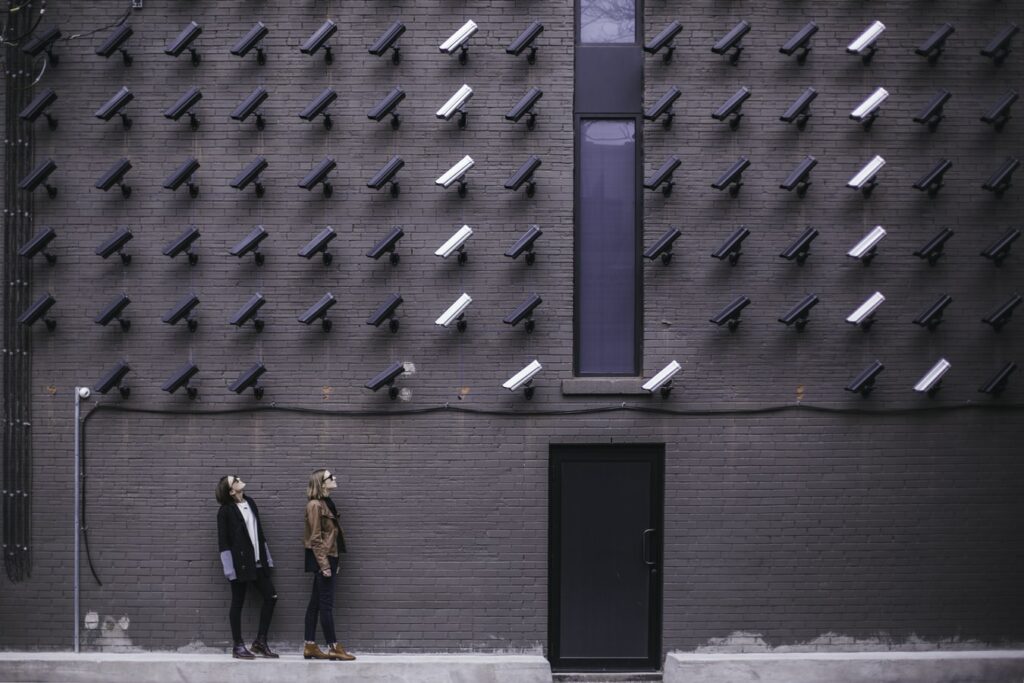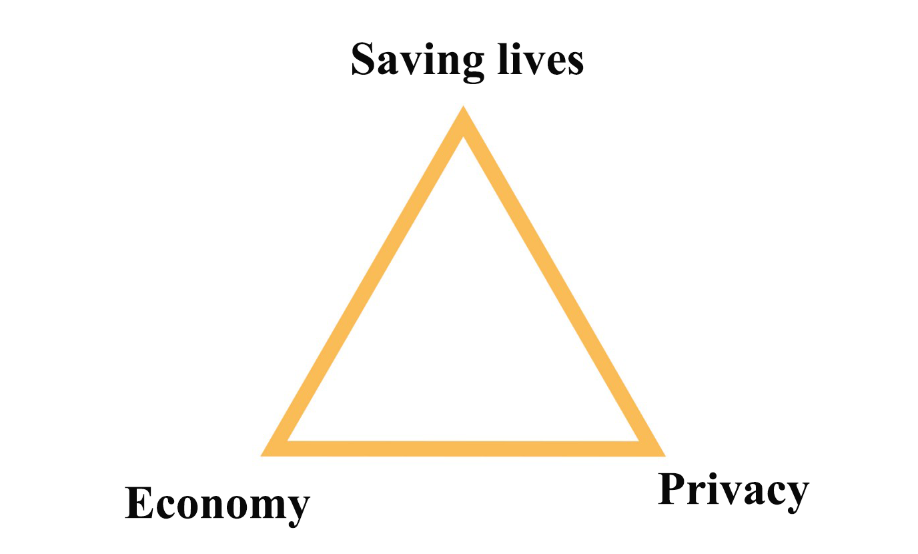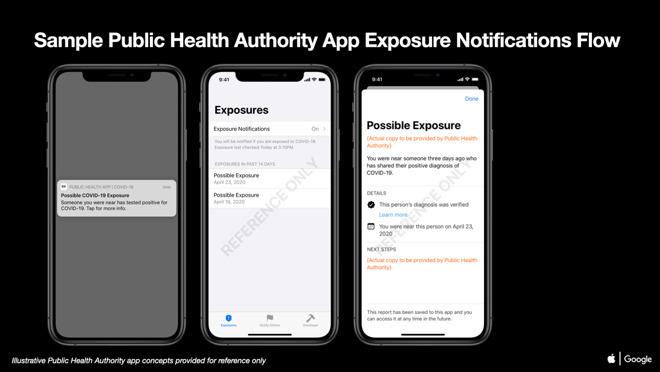Can we track the coronavirus outbreak without sacrificing privacy?
Andrei Mihai
In the early days of the pandemic, back when it was still “only” an epidemic, the world looked in shock at the suppression methods deployed in China. Even South Korea, a country hailed for its remarkable success in containing the outbreak, used invasive surveillance technology to track people’s whereabouts and monitored card transactions to help break the chain of infection. Now, virtually every country is faced with a choice.
As the world is going through an understandable frenzy to control the COVID-19 pandemic, the lines of what is considered acceptable are shifting and blurring. After all, closing everything down for two months would have been a laughable idea in 2019, yet here we are.
Unfortunately, there are no simple solutions to this problem, and countries are realizing they are faced with a ‘trilemma’ — a dilemma where you have 3 options, but you can only pick 2. In this case, the options are:
- saving lives;
- reopen the economy as quickly as possible;
- ensure people’s freedoms and privacy.
The lockdown has proven effective at suppressing viral transmission, but you can’t lock everything down forever. Deploying technology to track the disease can be effective, but it can be invasive — and outright scary.
In Spain and Belgium, drones are telling people to stay home and wash their hands. In France and Romania, those leaving the house need a declaration stating their purpose for going out. In Poland, the quarantined must submit daily geotagged photos. Several contact tracing apps are being deployed to track people’s whereabouts using geographical data, with Israel’s app using repurposed terrorist-tracing protocols for this purpose. In the hands of authoritarian leaders, these tools might easily be turned to nefarious purposes and human rights organizations have highlighted this as a threat not only to privacy, but to civil rights and democracy in general.
So how can healthy democracies use technology to track the outbreak without infringing privacy?
Contact tracing apps
I imagine we’ll be hearing a lot about contact tracing apps in the near future. “Manual” contact tracing has been used for a long time against infectious diseases. It is one of the methods that helped keep Ebola under control, for instance, and was also used against TB. But traditional contact tracing is time-consuming, expensive, and requires a large and well-trained team.
Contact tracing is typically used in the beginning stages of the outbreak because once the disease starts to spread throughout the entire community, it becomes almost impossible to keep track of all the cases — especially with a disease such as COVID-19, where many cases are asymptomatic. This is where Bluetooth contact tracing apps could come in to help.
As an alternative to apps that use geographical data to locate smartphone users, this type of apps uses Bluetooth as a proximity indicator and can preserve user privacy.
It works like this: the app sends out a signal that devices around it can pick up on (this signal can be anonymized and covered with a layer of cryptography). The app then records your proximity to other users, and if someone tests positive, everyone who was in proximity to that person gets an alert. But here, too, there are different takes on how this should be achieved.
The most important difference in regards to privacy is whether the data is centralized or decentralized. In a centralized app, the data is stored on an external server where it can be analyzed by health officials to trace elements of interest (such as who is likely to be a superspreader). This is the most straightforward approach, and probably the most effective one. But it also comes with risks: what if the database is used for other purposes, or what if it is broken into?
That will just not do, say Apple and Google. The two tech giants have teamed up in a rare example of collaboration to develop a decentralized app, where no data is stored externally — every contact recording is made directly on users’ phones. This leaves users in charge of their data, and even the developers themselves couldn’t say where the users are or who they are in contact with.
This approach goes a long way towards protecting user privacy, but since authorities don’t have access to a centralized repository, it could be more difficult to break the chain of infection and detect disease hotspots.
While several national apps have already been developed, the Apple-Google solution could easily become the largest player in the field, particularly as the tech companies are also working with national service providers for custom solutions. In a notable example, Germany initially announced its intention to produce a centralized app but has since shifted its stance due to privacy concerns and mounting social pressure. Instead, Germany will likely use the Apple-Google interface.
It’s a pretty weird turn of events that big tech companies seem more determined to protect user privacy than some governments though again, there are few guarantees that this data won’t be used other purposes (such as targeted advertising).
Walking into the unknown
It’s not clear if decentralized apps will be as effective as centralized apps. In fact, it’s not clear if centralized apps are effective either — there is no precedent for deploying technology in this way. If we want them to have any chance of succeeding, they must first be downloaded by a substantial part of the population, and if we’re looking at early implementers of such apps, this is not an easy task.
But if sufficient people download such an app, privacy only becomes more important. Winston Churchill’s famous “Never let a crisis go to waste” comes to mind, and no doubt, authoritarian leaders are rubbing their hands looking at ways this technology could be used for their own purposes.
This is why it’s extremely important to ensure that such technology is not only based on the best epidemiological guidance but also respects cybersecurity and privacy guidance.
The European Union, which has the most stringent privacy rules in the world, has issued its own guidance toolbox about what contact tracing apps should and shouldn’t do. Among these recommendations, the EU stresses that any such technology should be “based on anonymized data”, “fully compliant with data protection and privacy rules”, and “dismantled as soon as no longer needed”.
Der Beitrag Can we track the coronavirus outbreak without sacrificing privacy? erschien zuerst auf Heidelberg Laureate Forum.


